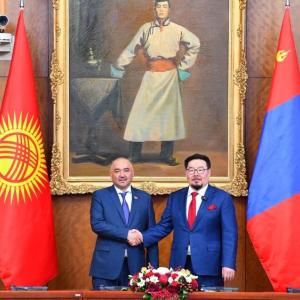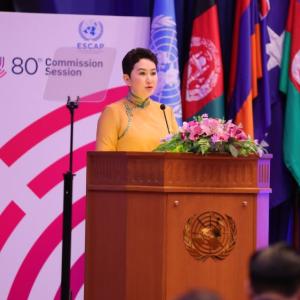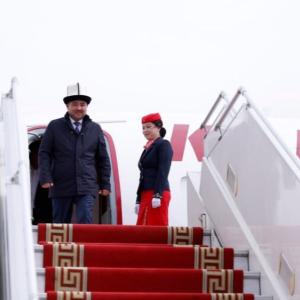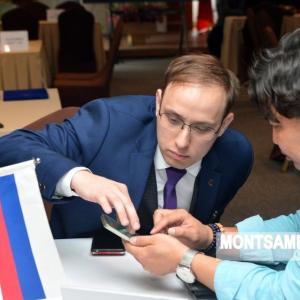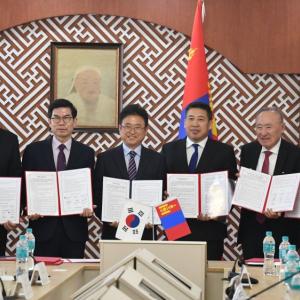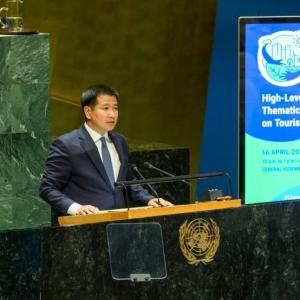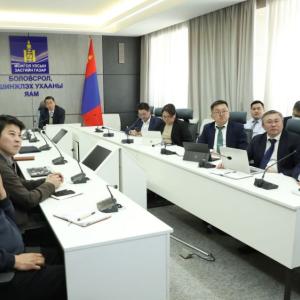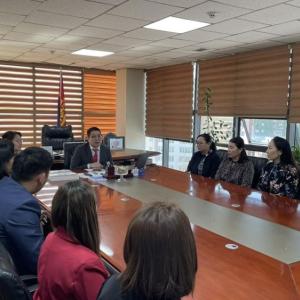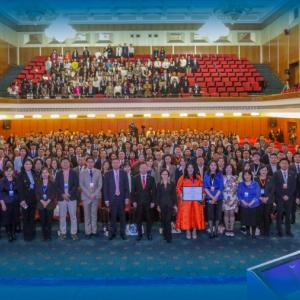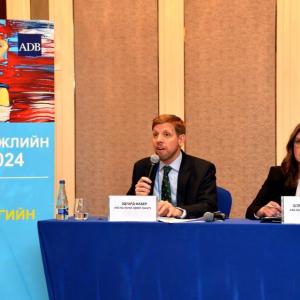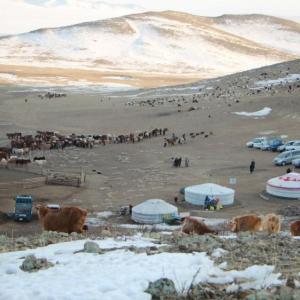Options for post pandemic business recovery for MSME in Mongolia
Economy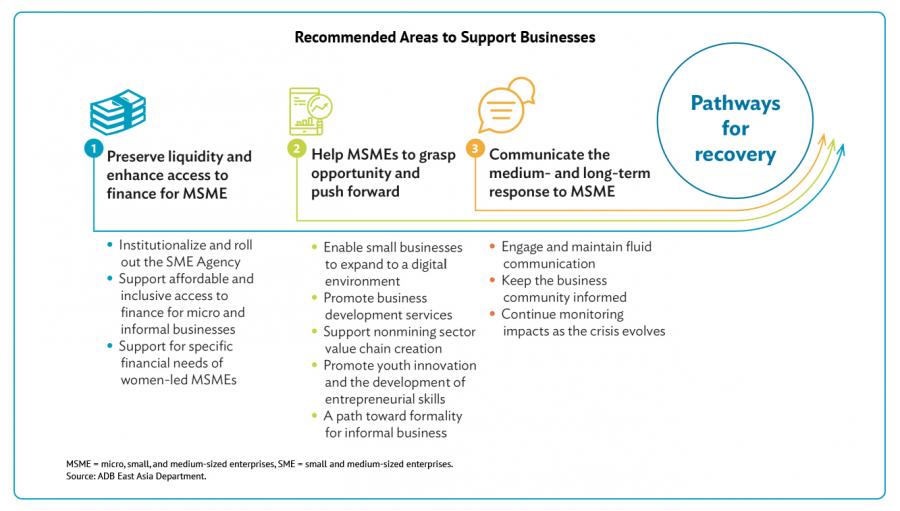
The
impact of COVID-19 on businesses in Mongolia has been severe depending on size,
sector, and other characteristics, but smaller businesses were hit harder than
larger ones. Micro, small, and medium-sized enterprises (MSMEs) are one of the
most dynamic sectors in Mongolia. This sector comprises 77% of total registered
business entities; 72% of the total workforce; 17.8% of Gross Domestic Product;
and 2.3% of total exports. Women make up a large share of MSME entrepreneurs in
Mongolia. How these businesses were
affected by COVID-19? What are the options for their recovery?
Veronica
Mendizabal Joffre, Social Development Specialist of Asian Development Bank,
Bolormaa Luvsandorj Managing Partner of Bodhi Financial Advisory Services LLC explore
these questions in their report analyzing the findings from a rapid assessment
of impacts of COVID-19 on Mongolian MSMEs and informal businesses conducted by
the Asian Development in April-May of 2020. A total of 1,003 respondents
participated in the survey, of which 59.5% were women entrepreneurs. The report
proposes options to make ongoing and future economic recovery measures
inclusive and responsive to the needs of this key economic segment.
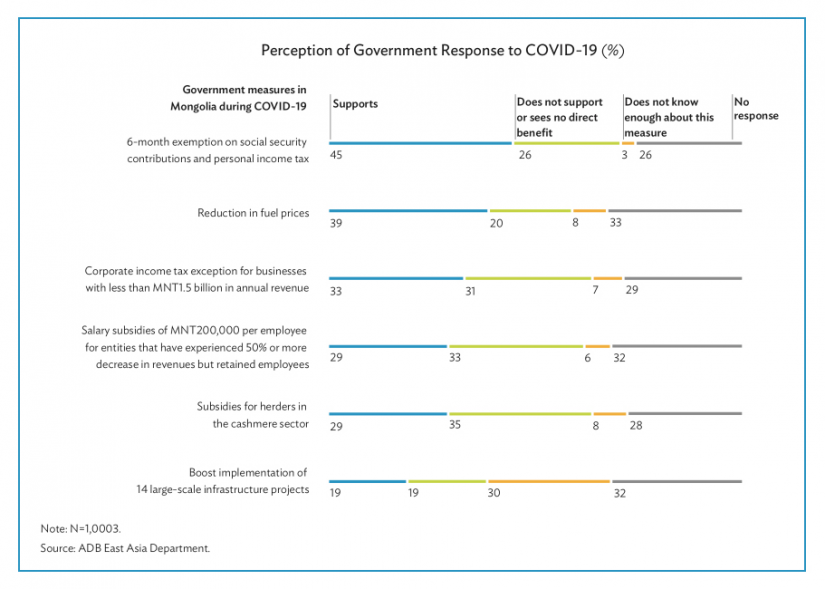
What are the main
findings of the assessment?
The
impact of COVID-19 on businesses in Mongolia has been severe depending on size
and sector, but smaller businesses were hit harder than larger ones. Falling
demand, working capital shortages, cash flow disruptions, and limited access to
finance were key challenges. The impact on women entrepreneurs has been more
severe with a high share of female MSME entrepreneurs indicating declines in
revenue, supply chain issues such as shortage of raw materials, reduced demand
for products and services and more challenges in paying employees, possibly
reflecting the higher share of female entrepreneurs / female workers in the
manufacturing sector. To cope, businesses reacted by reducing costs, laying off
workers, and among micro and informal businesses, also by reducing household
expenditure. A key finding was that few MSMEs and informal businesses were
exploring opportunities to adapt.
What are the proposed
options for recovery?
The overarching
recommendation is that economic recovery will require a dedicated focus on the
recovery of smaller businesses in the formal and informal sectors, as well as
promoting their resilience in the medium term. Other key areas of action to
ensure that SMEs and formal and informal micro-businesses can overcome this
difficult time include: (1) Maintaining
options to preserve liquidity through a continuation of the employee salary
subsidy for micro and small entities that retain or create new jobs, until the
pandemic is controlled; (2) using a mix of mechanisms to enable access to
finance such as supporting affordable and inclusive access to finance for micro
and informal businesses and options for wholesale funding to increase access
for micro and informal businesses and to support for specific financial needs
of women-led MSMEs; 3) enabling small businesses to expand to a digital environment,
this includes promoting business development services, such as digital
business-to-business marketplaces that link larger companies to MSME suppliers,
(4) promoting youth innovation and the development of entrepreneurial skills;
and (5) engaging and maintaining fluid communication with the private sector
during the recovery phase.
To find out more: https://www.adb.org/sites/default/files/publication/662086/adb-brief-160-msmes-mongolia-covid-19-impacts.pdf

 Ulaanbaatar
Ulaanbaatar







